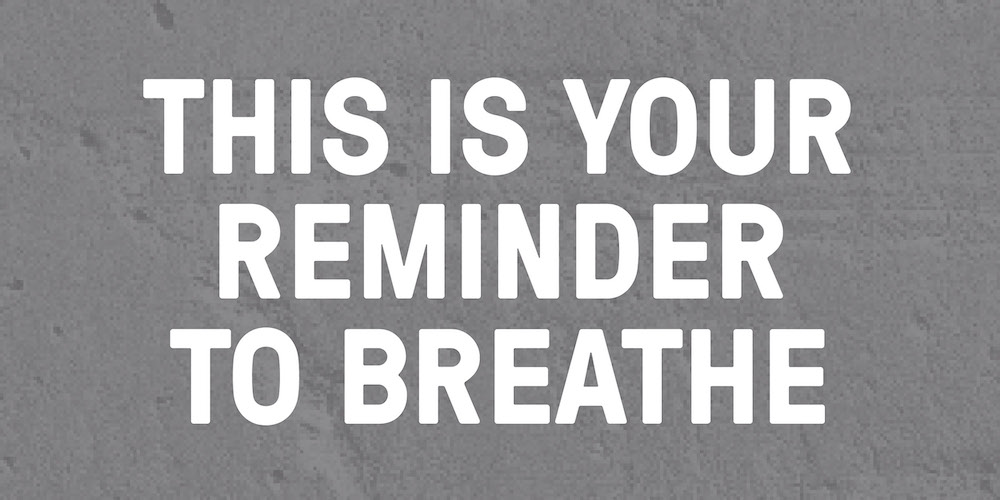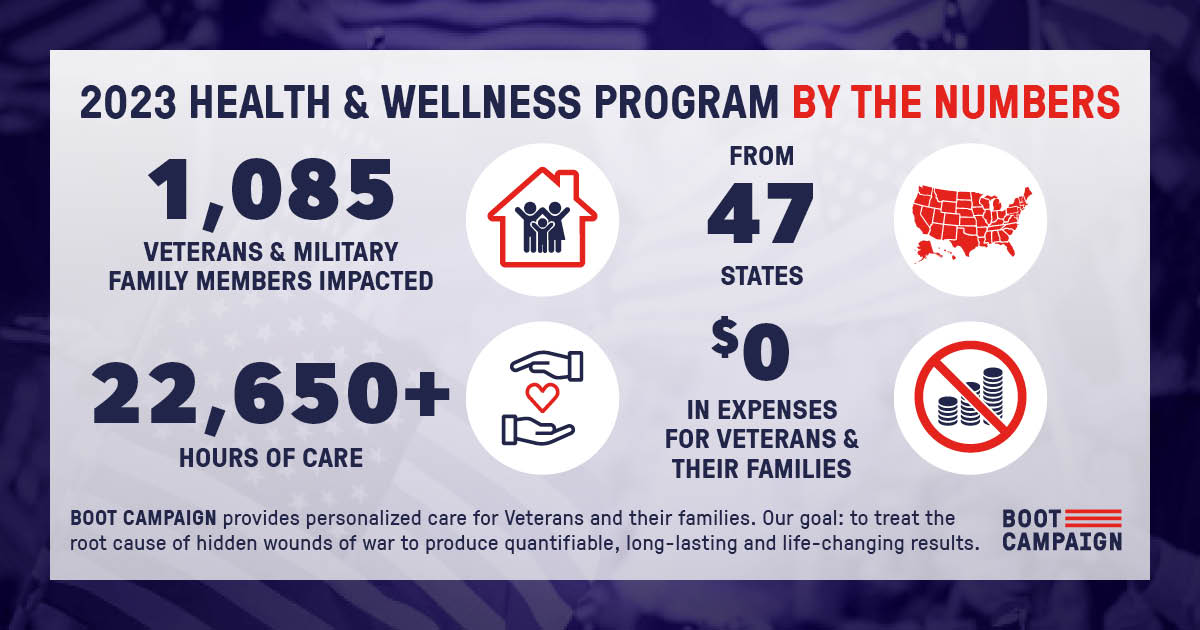Stress Awareness Month: Tips to Help Navigate Uncertainty

Stress. Stress is a word that seems to have infinite translations, use cases and ramifications these days.
According to the American Psychological Association’s latest poll on stress, Americans cited their stress levels in 2022 are at an all time high, largely due to the lingering effects of COVID-19, the effects of inflation and current global uncertainty. In fact, 87% of adults surveyed feel there has been “a constant stream of crises without a break over the last two years,” creating overwhelm and fatigue.
As humans, we strive to control as much as we can to ensure our lives and those around us maintain a certain status quo. However, when we can’t control the situations around us or when that status quo feels threatened, we can journey down a path of uncertainty, pressure and ultimately, stress.
Stress can take many forms in both our mind and body. Feelings of worry, overwhelm, anger or helplessness can start in our mind and harbor themselves physically in the form of headaches, muscle tension, high blood pressure or a change in sleeping habits.
For many of the veterans in our Health & Wellness program, long-term stress can lead to stress-related illnesses that require the support of professionals, but our bodies do have built-in defenses to help fight against the stressors we face. There are tactics and tools to learn that can help lower these negative effects, and during Stress Awareness Month, we wanted to share a few of our top, stress management tips:
Control what you can control.
Taking time to recognize what is within your realm of control (i.e. your choices, your reaction, your actions, your time) and what is beyond your control (i.e. those around you, issues in society). Once you recognize, accept and take ownership of what is within your own control, you can feel more empowered and freed from the stresses of issues outside of your control.
Breathe.
Spend up to 10 minutes throughout your day pausing and focusing on your breath. This is especially important when you are feeling increased anxiety or stress. Stop. Breathe in for 5 seconds and out for 5 seconds to help clear your mind, allowing you to take to the next step and come up with a game plan.
Prioritize sleep.
Lack of sleep can have a huge impact on everything from memory, judgment, mood and metabolism – all things that help us navigate through stressful situations. Plan to catch more Zzs and think about cutting down on caffeine or energy drinks as well as screen time at night.
Reach out to your buddies.
Talking about a challenge or problem can provide stress relief. It can also allow clarity to tackle the problem in smaller parts, which can decrease the feelings of overwhelmed. Lean on your network of friends, coworkers or family members for support. Know that there are people around you who care and want to see you happy, successful and stress-free.
Write it out.
Writing is another way we can release emotional pain or stress. When we give words to our emotions we become less reactive and more mindfully aware.
Give yourself some encouragement.
Positive self-image or self-talk when navigating stressful situations can be what helps turn everything around. Instead of projecting to yourself “There’s no way I can get through this,” tell yourself “I think I can get through this.” Always remember, YOU MATTER.
Please note: If you have trouble managing stress or your reaction to a certain event is more intense and lasts longer than usual, please consider reaching out to a specialist who can help. If your stress has reached a point that you are considering hurting yourself or others, please seek help immediately or call the free, anonymous National Suicide Prevention Lifeline at 800-273-8255 (Veterans press 1).











